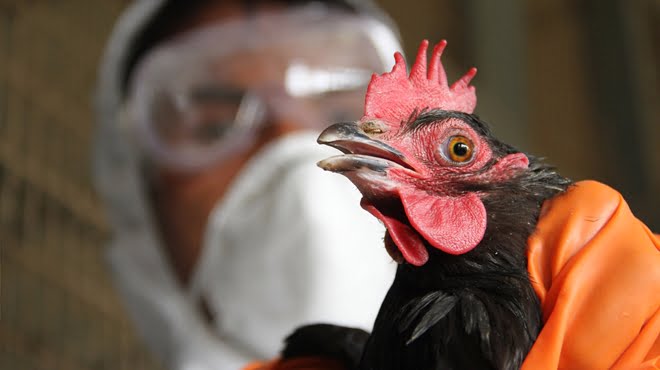With reported cases of Avian Influenza within South Africa’s borders, the local commercial poultry industry is at high risk of the outbreak turning into a pandemic with major financial and operational implications.
This is according to Gareth Lloyd-Jones, Chief Commercial Officer of one of South Africa’s leading hygiene and sanitation service providers for the food, pharmaceutical and healthcare industries, the Ecowize Group.
The Mpumalanga outbreak, which has resulted in a ban on the sale of live poultry, follows an outbreak of the virus in Zimbabwe reported earlier this month.
Lloyd-Jones explains that Avian Influenza – or ‘Bird Flu’ – is highly pathogenic and can spread very quickly. “While it does not infect or harm humans, it presents a major commercial threat as the only way to contain the virus is to cull any birds that may have been exposed. In addition to the number of birds taken by the virus itself, the necessary actions to contain the virus will undoubtedly have a major impact on the poultry association,” he says.
The Department of Agriculture‚ Forestry and Fisheries (DAFF) has noted that local cases have presented the same strain but that the affected farms were not linked‚ meaning that each case resulted from separate introductions. The Department agreed to euthanize the birds together with the NSPCA.
Lloyd-Jones highlights that vaccination against Avian Influenza is illegal as infected vaccinated birds can continue to spread the virus while their symptoms are masked.
He says, “It is important for poultry owners and breeders to prevent contact between their chickens and wild birds at this time. It is therefore advised not to feed chickens outside or to let them roam free or drink from open water sources. If infected, chickens will look sick and, because the virus spreads so quickly, you will notice high numbers of the flock dying off.”
“If you suspect infection, do not remove the chicken, its eggs, bedding, manure or any other tools from your premise. Instead, do your best to quarantine the infected bird from the flock and call for assistance,” Lloyd-Jones stresses.
He adds that owners should prioritise the welfare of the local bird population and the poultry industry over any potential costs of testing and that the Department will pay for samples to rule out Avian Influenza if sent to the ARC-OVR through the State Vet office.
“This outbreak calls for the industry to ban together and ensure that the virus is contained as quickly as possible. The sooner we are able to identify and address infections, the better chance we have to minimise the impact on us all. What the public need to understand about this outbreak is that if this problem does became a pandemic it would create a massive shortage and the laws of demand and supply would prevail forcing the price of chicken up,” concludes Lloyd-Jones concludes.















